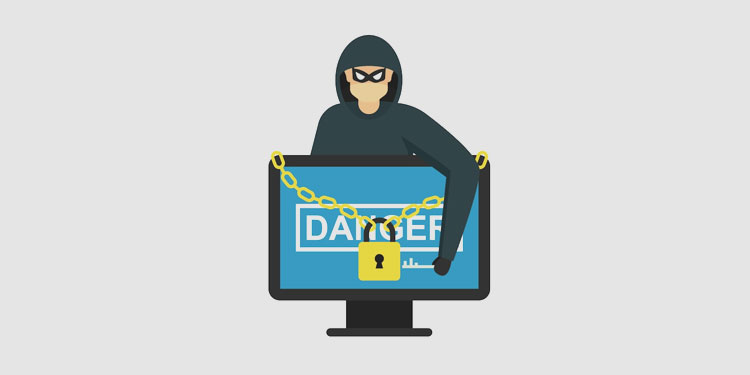Digital currency is incredibly valuable, but that value can be easily reduced to nothing if it’s lost or stolen. That’s why keeping your crypto secure is so important. Unfortunately, hackers are constantly on the lookout for ways to access digital wallets and siphon out as much crypto as possible. In most cases, they target users who’ve made their accounts vulnerable by using weak passwords, sharing personal information with third parties or opening suspicious links in emails. In other words, the best way to protect your crypto is to prevent these vulnerabilities from ever happening in the first place. Here are some practical tips that will help you keep hackers at bay:
Set a strong password
If you’re serious about securing your digital assets, you need to go all-in with a solid password strategy. The best passwords are long, and complex and include a mix of upper- and lower-case letters, numbers, and symbols. You should also try to avoid using common words or phrases, and remember to add an extra layer of complexity by replacing one character with another. In addition to an effective password strategy, you should also take steps to protect your computer with a sound password management solution. The easiest way to memorize a strong password is to make it rhyme. For example, you could combine “grasp” with “sky” to create a memorable mnemonic aid. Other useful strategies include associating a certain memory cue with a password. For example, you could create a mnemonic aid that associates a personal memory with a password. Alternatively, you could use a visualization technique to help you memorize your password even faster. If you’re prone to forgetting your passwords, you could use visualization to associate a password with a visualization that you can use to help you remember it.
Always use two-factor authentication
Trusting third parties with your sensitive data has become an unavoidable part of modern life. In fact, more than half of the world’s internet users are now reliant on two-factor authentication to safeguard their online identities. It’s also worth noting that many major cryptocurrencies now offer the ability to enable two-factor authentication. If you have a compatible wallet, you’ll find that it’s an incredibly useful security feature that can help deter hackers. There are a number of distinct ways in which two-factor authentication (2FA) can boost your digital wallet security. First and foremost, it’s a powerful safeguard against malware and hacking attempts. Second, it can help to prevent unauthorized access to your account if your phone is stolen. Third, it can make it significantly more difficult for thieves to steal your funds if they manage to access your account by coercing or tricking you into divulging your password. Get powerful technologies bitcoin era for your trading that support 2FA.
Don’t share your private keys with anyone
This is another tip that’s worth emphasizing at length. When you enable a cryptocurrency wallet to store funds on your computer, the private key associated with that wallet is copied to your computer’s hard drive. If someone else gains access to your computer, they’ll be able to access the private key and steal all of your crypto funds. It’s important to note that while many cryptocurrency wallets now require you to type your PIN or scan your fingerprint to access funds, they don’t actually copy your private key to your computer. In other words, it’s still possible to steal your funds even if you don’t ever type your PIN or scan your fingerprint to access your funds. In order to avoid accidentally sharing your private key with anyone, it’s important to store your private key on a piece of paper or in a secure location that only you know about. You should also be sure to never type your private key into any website or software.
Be wary of emails from strangers
Ultimately, the best way to protect your crypto is to reduce the number of vulnerabilities you possess. To this end, it’s important to be wary of the ways in which you might have made yourself vulnerable. The most obvious way to protect yourself against vulnerabilities is by adopting a strong password strategy and by always using two-factor authentication. Both of these strategies can help to dissuade hackers from targeting you in the first place. If a hacker does manage to successfully steal your credentials, they’ll have a much harder time accessing your funds. You should also be wary of emails that seem suspicious. That’s because hackers often use malicious emails to access digital wallets that have been left vulnerable by misconfigured security settings. In many cases, malicious emails will include links to websites that are designed to infect your computer with malware.






















